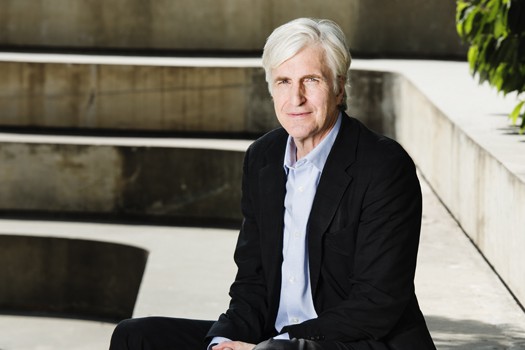Dear ICTJ supporters, allies, and friends,
I invite you to join us in celebrating ICTJ at 15 years, during which there have been many pivotal moments, both for our organization and the struggle for justice globally.
A leading human rights figure once told me, “If ICTJ didn’t exist, we would need to create it.” As we look back at ICTJ over the last 15 years, this has been proven over and over again, in country after country: the world needs ICTJ. In this time of tumult across the planet, ICTJ’s work and approach is all the more critical.
Over the last seven years, I have had the privilege of serving as President of ICTJ. In this time, I have witnessed its important work in many different challenging contexts, from Tunis to Bogota, from Kinshasa to Beirut to Kathmandu and beyond. Even before I joined the organization, I saw in ICTJ’s remarkable work its commitment to supporting societies take the steps needed to address a painful chapter of the past.
While the places and issues have changed over time, the core commitment of ICTJ, its staff and its supporters has been constant: to advance justice, truth, redress and the rights of victims. Our approach is rooted in deeply-held values regarding the dignity of human beings and their right to be respected and accorded redress when their rights are violated. Ultimately, societies are built on trust, and where there has been a breach of trust, that trust calls out to be rebuilt.
Transitional Justice is indeed a deeply challenging task – asking societies to take a hard look at themselves and make a new start – but experience shows that the road to trust and indeed to a society founded on the rule of law and respect for human rights is based on addressing and wrestling with a difficult past, not ignoring it.
To take but one very recent example: last month I was in Tunisia, where I witnessed a new, momentous stage in the country’s struggle for truth and justice, which began five years ago in the Yasmine Revolution that overthrew Zin Edine Ben Ali. The Truth and Dignity Commission held its first public hearings, allowing the public to hear from victims of the dictatorship who spoke before the commission and were broadcast to vast television and online audiences in Tunisia and beyond.
As mothers of young men killed during the protests against Ben Ali, political prisoners tortured in detention, and families of activists forcibly disappeared reclaimed their voice before audiences of millions, through public mediums usually reserved for the powerful and elite, the discourse about the past and the future in Tunisia changed. The immediate impact is obvious in the debates happening in traditional media and on social media, where thousands are engaging in a discussion about the need to right the wrongs of the past in order to build a stronger society based on the rights and dignity for all. The Truth and Dignity Commission has now become an inspiration to which many in the Arab world and beyond are looking for the example of how a country can address the truth about a painful past. I am extremely proud of ICTJ’s contribution to this historic milestone.
Our work of supporting efforts like this often goes on behind the scenes, away from the cameras and the limelight, but it is my hope that this presentation of ICTJ at 15 gives you an insight into our beliefs, commitments, and approaches. It introduces our contributions to the most difficult situations, such as the role of justice in peace processes, and outlines our pursuit of reconciliation and victim participation in all contexts.
We also highlight ICTJ’s contribution on the critical issue of gender in transitional justice, particularly in view of the epidemic of sexual violence in conflict zones, as well as the challenging issues surrounding children and youth in areas of conflict.
While most of ICTJ’s work is done on the ground in affected communities, we also have taken seriously our role of sharing our experience with policymakers, thought leaders and the public. Thus, the following pages also highlight some of the important policy initiatives that ICTJ has undertaken.
We also draw attention to our groundbreaking research and publications on an array of subjects, including on transitional justice and education, reparations, complementarity, and much more.
I hope you draw from these pages a richer and deeper understanding of ICTJ and its work over the last 15 years, and that you will be inspired by this work and find ways to support ICTJ in the years ahead.
Sincerely,
David Tolbert, ICTJ President
PHOTO: David Tolbert (Laura Barisonzi/Lawdragon Inc.)
